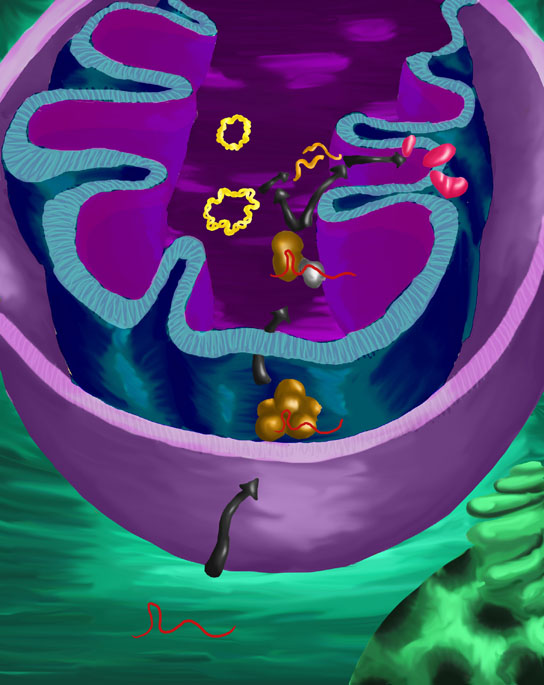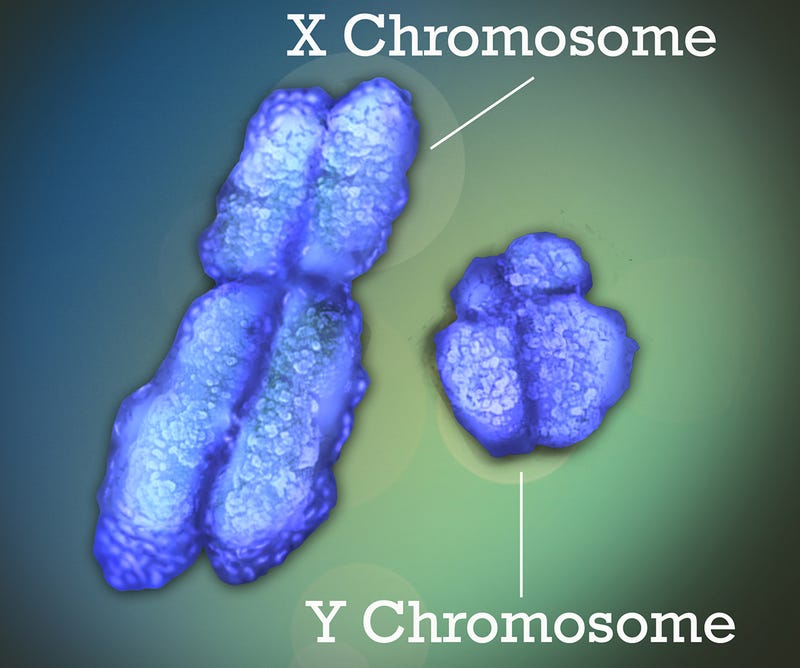 |
| scitechdaily.com |
Life on earth is not quite as old as earth itself, but it scrambled to its feet early after.
Well, feet is not exactly what it first scrambled to, but scrambling to a puddle does not conjure up glory.
I sat myself down, that is to say, took a load off my puddle, and asked Google when human life first began on earth. That, of course, is not when life first began, but when our kind of life began. Google suggested that Wikopedia answer. In addition to getting right to the point--the stuff about dates and mitochondria and Y-chromosomes: the important things--it said something very comforting. It said our early ancestors were wearing clothes by that time.
"200,000 years ago: first appearance of Homo sapiens in Africa. 200,000–180,000 years ago: time of mitochondrial Eve and Y-chromosomal Adam. 195,000 years ago: oldest Homo sapiens fossil—from Omo,
Ethiopia. 170,000 years ago: humans are wearing clothing by this date".
Oh, thank god! Or chance and necessity, or something else decent! The thought of a naked ancestor is unnerving.
As important as that is, as comforting as that is, what drove me to ask was not breechclouts. It was a curiosity near to wonder that life is so urgent, so probing, so so something-like-anxious to explore and adapt to what is there.
There is a much longer history to life before homo sapiens than has yet happened after. Our ancestors, plain truth be told, are everything life has tried to get where it is, and where it is is much more than human life. The strands that hold us together are beyond counting.
 |
| gizmodo |
That is all well and good. But it is understood best while wearing clothes.
No, I do not think that is so.
Comments
Post a Comment